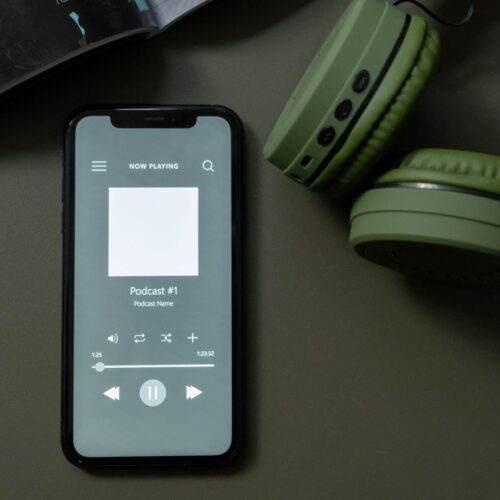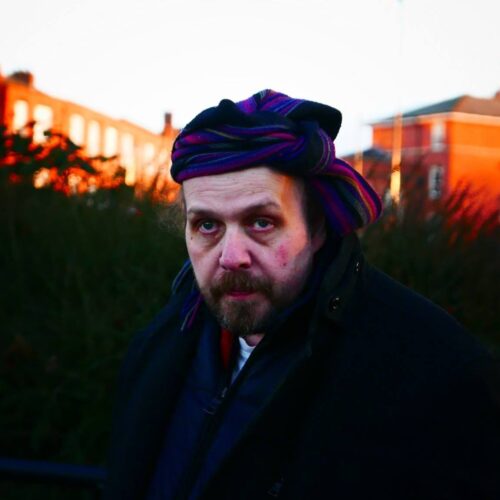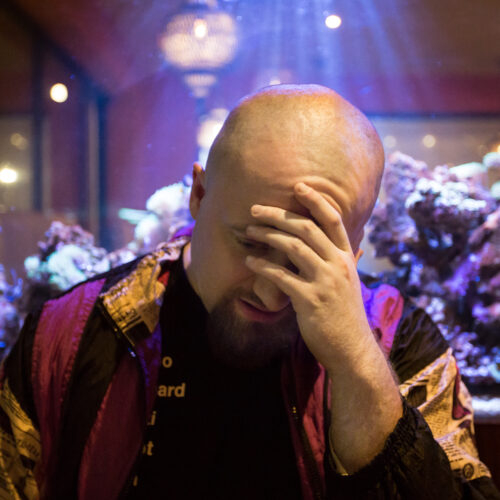
Are you sure about that?
One of the vivid memories of my youth is sitting down on a chair on which my father had placed a much treasured vinyl (78 rpm) recording of Purcell’s Trumpet Voluntary. Needless to say, it was smashed to smithereens (a technical term). The key question was whether I would be able to sweep up the pieces, raid my money box, cycle into town, find a replacement and put it back on the chair – and all before my father noticed.

Fascinating though this insight into the Watson family history might be, the reason for mentioning this lies elsewhere, namely the title of the piece (‘Purcell’s Trumpet Voluntary’). In fact, there are no less than three errors in the way it is traditionally described. First, it’s not written for trumpet, but the keyboard; second it’s not a voluntary but a march; and third it’s not by Purcell but by a contemporary called Jeremiah Clarke (his title is Prince of Denmark’s March). So nearly right, then!
Anyhow, back to misattributions. They are as common in music as they are in fine art. Sometimes one suspects malice aforethought – but sometimes they are genuine mistakes. In the latter group, I doubt very much that Johannes Brahms realised that the original piece on which he based his Variations on a Theme by Haydn, Op. 56a was not in fact by Josef Haydn. The smart money is on Ignaz Pleyel but even this attribution is a little dodgy. We can at least be clear that the St Anthony Chorale (on which the Brahms variations are based) was taken from a Divertimento which Brahms’s friend Carl Ferdinand Pohl brought to his attention – although it’s also possible that Pleyel didn’t write the chorale either and was quoting an earlier theme. Are you still with me on this?
Among the lovable rogues in the misattribution business, my favourite is the Austrian-born violin virtuoso Friedrich ‘Fritz’ Kreisler (1875 to 1962). In a generation when authenticity was less prized than today, Kreisler composed and played a number of short recital pieces which he said were by composers such as Tartini and Vivaldi. Many became very popular, especially as encores, and it was not until the 1930s that Kreisler owned up to the fact they had, in fact, been written by him. When critics complained, Kreisler’s response was: “The name changes, the value remains”.
The question arises as to whether misattribution actually matters to anybody other than the musicologist, pedant or anorak. Falling into the classic trap of answering my own question, my own view is ‘yes, it does matter’. Firstly it’s an issue of fairness: the original composer surely deserves his or her due credit. Secondly I hate to see cynics prosper: sometimes publishers deliberately (one suspects) attribute pieces to a more famous composer since sales will be higher (would a non-specialist buy sheet music by Johann Ludwig Krebs, the probable composer of some of the organ works attributed to JS Bach?). Thirdly, there is a danger of damaging the reputation of the composer to whom the piece is incorrectly attributed: I recently played through a cello sonata allegedly by Handel – but it clearly wasn’t and would create an unfair impression of the quality of his chamber music.
Or maybe you take the opposite view?
And, just in case you’re wondering, my father never did realise – either that I’d broken his Purcell record or that it wasn’t even by Purcell in the first place.






See “A Toccata and Fugue in D minor for organ by J S Bach”, a contribution to “Early Music” vol9, pp330-337, by Peter Williams, in which he argues (1) that it was not originally called “A Toccata and Fugue”, (2) that it was originally in A minor, (3) that it wasn’t written for the organ and (4) it probably wasn’t by J S Bach.
Consider also Jehan Alain’s “Variations sur un thème de Clément Janequin”, where Janequin was not the author of the theme.
Thanks for the response, David. I was aware of the doubts over the composer of the Toccata and Fugue in D minor but hadn’t realised the questions extended to the title and key as well. And isn’t it ironic that the Toccata and Fugue – just like the Trumpet Voluntary – are among the most popular pieces of JS Bach (and Purcell).
Thanks for the mention of Jehan Alain. I don’t know this piece but will certainly look into it. From what you say, it sounds like a good parallel to the Brahms attribution of Haydn(i.e. a genuine mistake)?